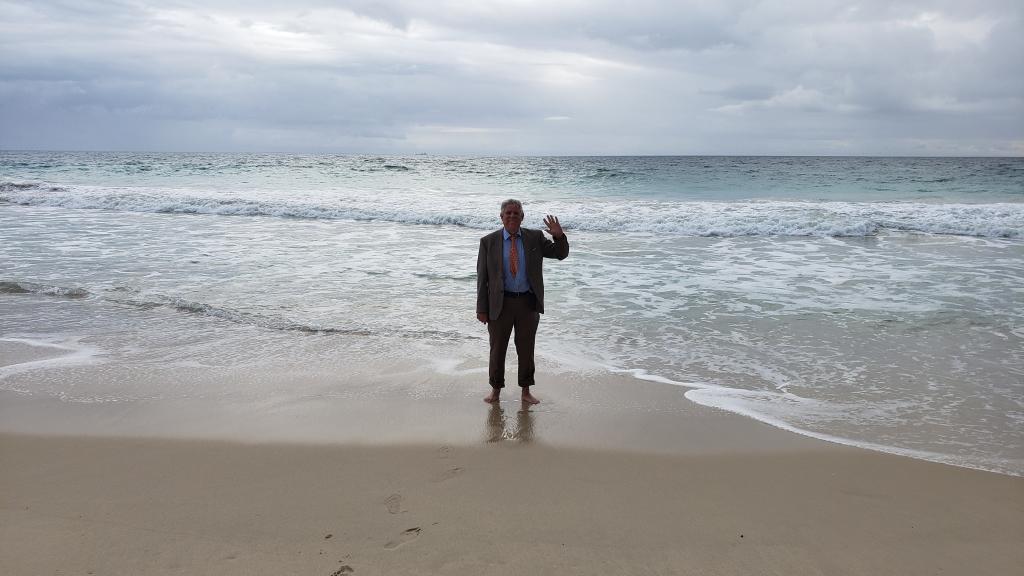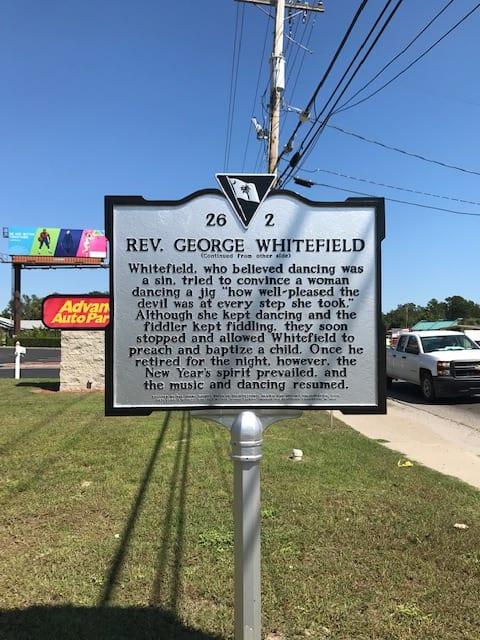So before our Journeys of Paul cruise, Ann and I went to visit Crete for the first time, to see if it was worth including on a future Paul tour. What we discovered was a beautiful, mountainous island, like so many Greek islands, with lovely coastlines and beaches. What we did not find is much evidence of Paul being there, but I don’t doubt he was. One of the excursions we did was to see the beautiful little mountain village... Read more
















